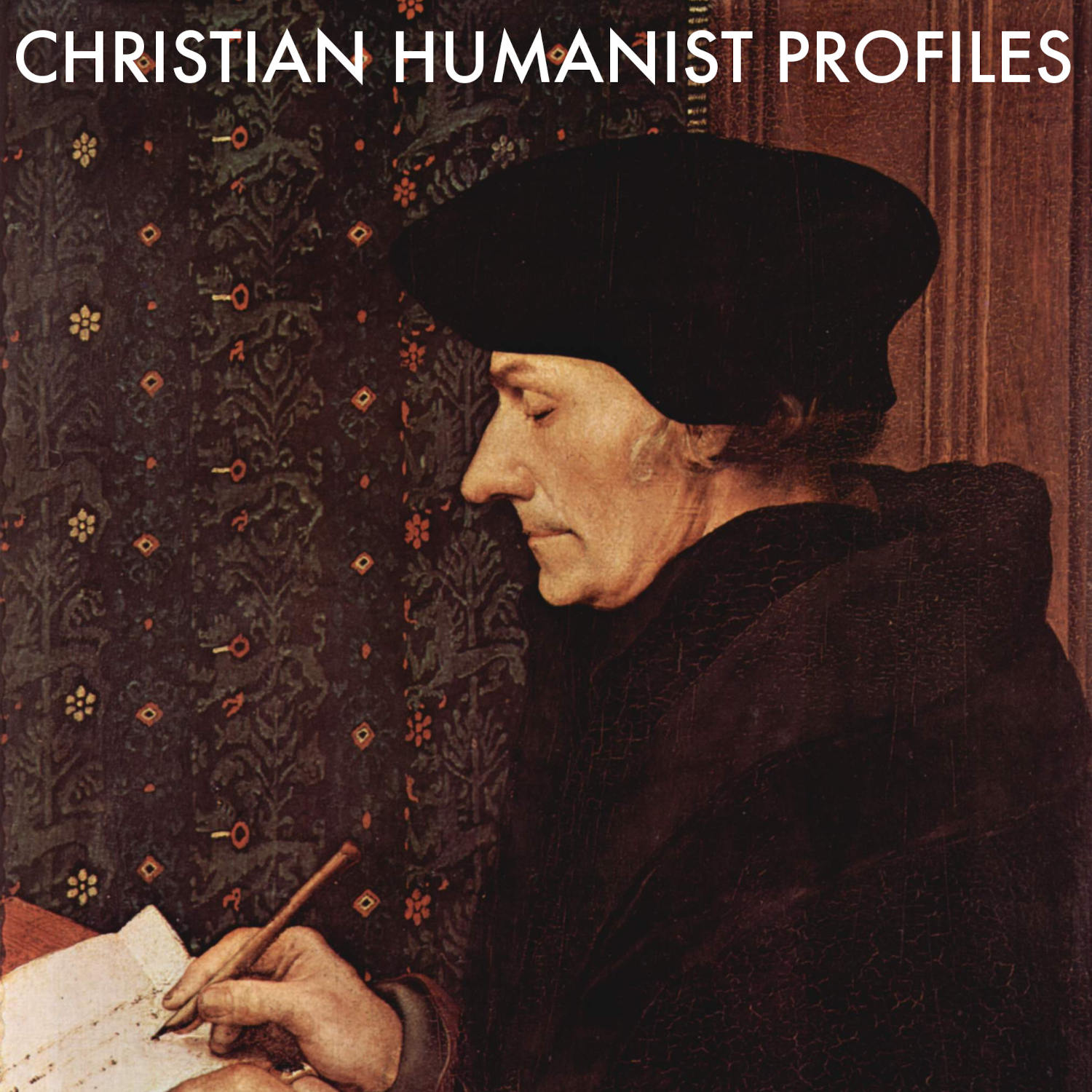Living among human beings gives an observant person plenty of occasions to think about delusion. Whether one watches the young revolutionary or the aging politician, the conspiracy theorist or the devotee of conventional wisdom, human beings take a peculiar joy in fooling ourselves. And we don’t have to limit ourselves to a single explanation of delusion either: Calvin’s workshop for idols and Nietzsche’s clever forgetting ape both make good sense, depending on whom one watches and in which moment. One could even imagine someone wondering, and forgiving the gendered language of his moment, “What a piece of work is man!” And if that last one rings true, you’re already geared up to hear about Shakespeare’s explorations of human delusion, specifically in his tragedies. Rhodri Lewis’s recent book Shakespeare’s Tragic Art puts delusion in the center of the conversation, and Christian Humanist Profiles, with a very clear mind indeed, is glad to welcome him to the show.

David Grubbs interviews David Lyle Jeffrey about his new book "Scripture and the English Poetic Imagination."

Coyle Neal interviews Robert W. Caldwell about his new book "Theologies of the American Revivalists."

Do not think any man happy until he has died, free from suffering. That line, or something like it depending on the translator, ends...